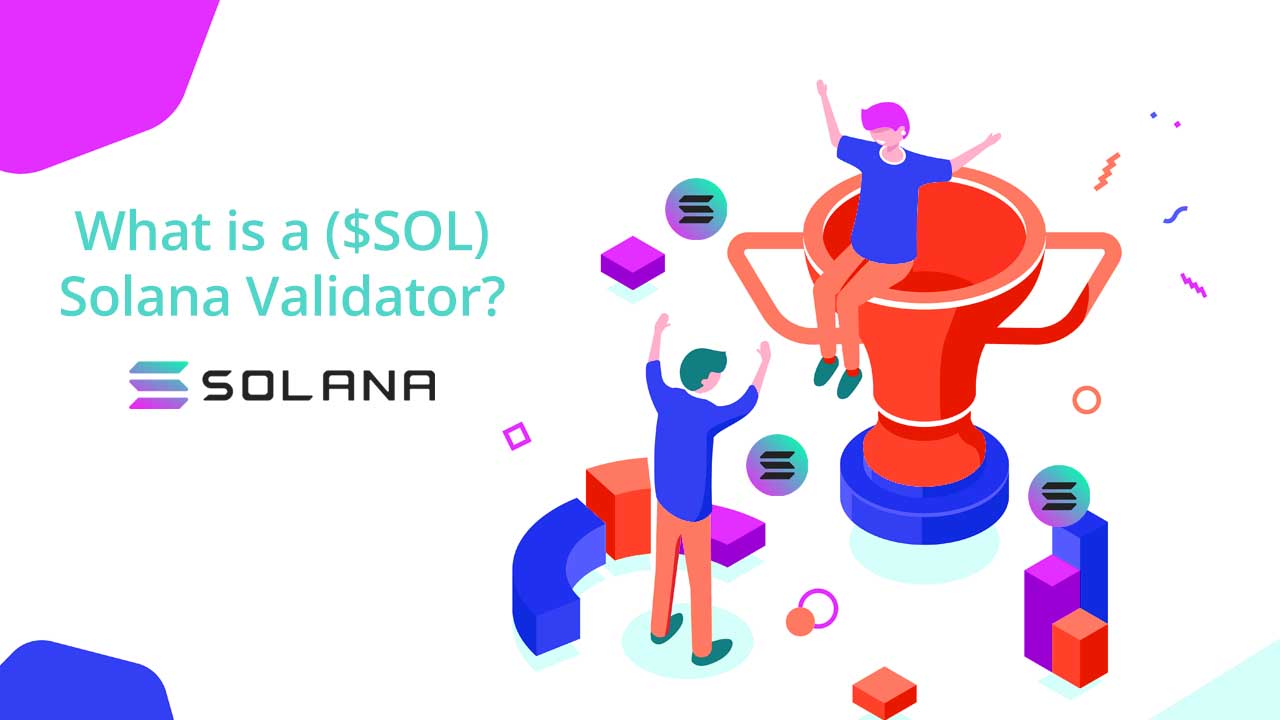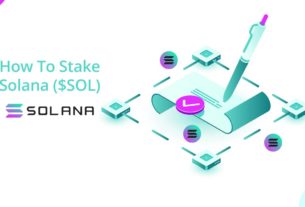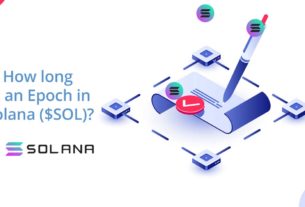Buy Carisoprodol Online Validators form the backbone of Solana’s network.
go to site Each validator contributes to making Solana the most censorship-resistant and high-performance blockchain network in the world by verifying transactions and participating in consensus.
Buy Carisoprodol Online Validators run a version of the Solana-node codebase. Solana-node is written in Rust and uses the Proof of History algorithm from proof of work to achieve consensus.
Purchase Tramadol Without Prescription The validator network is self-selecting with the highest uptime nodes receiving new Solana tokens as block rewards. The information below is provided to help you choose the best hardware and software setup for running Solana-node.
https://groveroofing.com/services/ Hardware Setup: You will need a machine with at least 16 GB of RAM, 500 GB SSD, 100 Mbps continuous unmetered network connectivity (no traffic caps), Solana-node software compiler.
https://foodicles.com/oyakodon/ Software Setup: Solana-node codebase must be compiled using Solana v0.20.0 release tag or git checkout v0.20.0beta2.
watch Solana-node can only be run on 64 bit linux distro, Solana isn’t currently supported on macOS or windows. Solana performs best on Linux servers. If you need help building Solana-node, the Solana wiki has setup guides for each major cloud provider and hardware vendor.
follow site https://www.backontrackteens.com/contact-us/ What are Validator Rewards?
Ambien No Prescription Protocol-Based Rewards
https://biolympiads.com/introduction/ Issuances using a global, protocol-defined inflation rate. These bonuses are added to income from transaction fees.
Buy Zopiclone 7.5 Mg Online Stakers are rewarded in the form of tokens when they aid in the validation of the ledger. They delegate their stake to validator nodes as a result. Validators work together to re-play the ledger and forward votes to a per-node vote account for stakers, who can delegate their stakes. The rest of the network applies those stake-weighted ballots to choose a block when fission occurs.
here https://www.agenasaglik.com/refund_returns/ Stake Pools
go Staking pools are a liquid staking solution that promotes censorship resistance, decentralization, and the expansion of DeFi on Solana.
Validating on the Solana Blockchain
go What is a Validator?
The backbone of Solana’s network is its Validation Network. Each validator contributes to the high performance of Solana’s blockchain network by executing transactions and participating in consensus.
https://www.frufrutti.com/tt-team/ Why should I maintain a Validator node?
SOL may be earned by Validators who assist in the protection of the Solana network. Here’s a quick rundown of the economics, and here’s a run-down of staking rewards. Validators also contribute to network censorship resistance by increasing decentralization by providing assistance with maintenance, security, upgrades, and so on.
click here What’s the Foundation Delegation program?
It’s a Solana Foundation initiative to encourage new validators to join the network.
If you’re interested in the Solana Validator, this is what it does and how to participate. The Solana validator helps make Solana a censorship resistant and high-performance blockchain network by verifying transactions and participating in consensus. You can earn Solana as validation rewards or stake your tokens with one of the different Solana staking pools. If you need help building Solana node (or want to use our experts), let us know!



